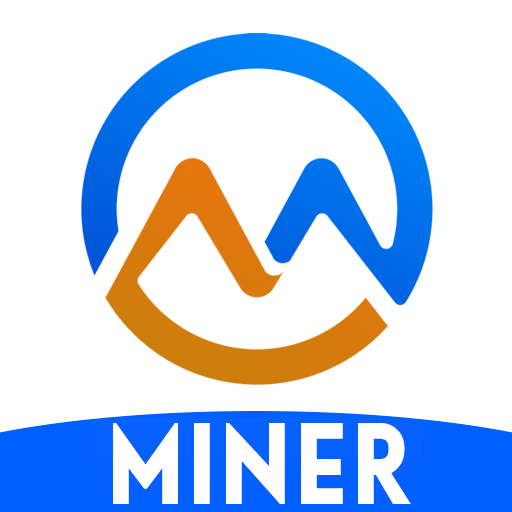Blog
Categories
Latest Posts

Single Withdrawal of USD 1,000,000
Experience the convenience and efficiency of our platform as we guarantee the swift crediting of your withdrawal within one minute. With just a mobile phone in the comfort of your own home, you can earn a remarkable daily profit of $1,000. Moreover, we extend a generous offer of 10 USDT computing power upon opening an account, further enhancing your earning potential. Rest assured, I have personally made a successful withdrawal of $5,000 from this platform.
Registration and Account Opening Link: https://musdt.cc/share?code=
The Miner USDT Platform: A Trustworthy Investment Opportunity
We take immense pride in being a legally compliant company, possessing all the necessary legal documents and certification licenses. We encourage you to verify these credentials through official channels for your peace of mind. Our platform has firmly established itself as a trustworthy and reliable avenue for long-term investments. As a seasoned investor who has personally benefited from this platform, I wholeheartedly recommend it to everyone seeking a secure and profitable investment opportunity. By joining our platform, you gain access to a wealth of resources and expertise, ensuring your investment journey is both fruitful and rewarding.
Key Features and Benefits:
1. Reliable and Swift Withdrawals: Our platform places a premium on efficiency, guaranteeing the rapid crediting of your withdrawals. With our robust infrastructure and cutting-edge technology, you can confidently access your funds in no time.
2. Lucrative Daily Earnings: By leveraging the power of your mobile phone, you can unlock a world of financial potential. Earn a substantial daily profit of $1,000, allowing you to make significant strides towards your financial goals.
3. Exclusive Account Opening Offer: To kickstart your investment journey on the right foot, we provide an exclusive offer of 10 USDT computing power upon opening an account. This additional boost empowers you to maximize your earning potential from the very beginning.
4. Legally Compliant and Transparent: At the Miner USDT Platform, we prioritize transparency and legal compliance. Our commitment to adhering to all relevant regulations and obtaining the necessary licenses ensures that your investments are protected and secure.
5. Established Track Record: With a long-standing presence in the industry, our platform has garnered a reputation for reliability and success. Countless investors have entrusted us with their funds, benefiting from our comprehensive range of investment opportunities and robust risk management strategies.
6. Expert Support and Resources: When you join our platform, you gain access to a dedicated team of investment professionals and experts. They are readily available to provide personalized guidance, helping you make informed investment decisions and navigate the ever-changing financial landscape.
7. Continuous Innovation: We pride ourselves on staying at the forefront of technological advancements and market trends. Our commitment to continuous innovation ensures that you have access to the latest tools and features, enabling you to stay ahead of the curve and optimize your investment returns.
In conclusion, the Miner USDT Platform stands as a beacon of trust and reliability in the realm of long-term investments. With our secure and efficient platform, combined with a range of lucrative earning opportunities, we invite you to join our community of successful investors. Register today using the link provided and embark on a journey towards financial prosperity.

Transform $50 in cryptocurrency into $200, $500, $1,000+, effortlessly, without active involvement!
Excellent Trading Platform for Everyone:
• The Trading is done for you!
• Only a minimum of $50 required!
• Made for the Smaller Retail Investors as well as the Professional & Institutional Investors!
• Exceptional Compensation Plan available if you decide to refer others!
Distinguishing features that set us apart:
• Consistently reliable since September 2022.
• A highly skilled Master Trader with a decade of proven expertise leading the way.
• Transparent CEO heading a top-tier team, ensuring long-term stability.
• Four expert analysts crafting the best investment strategies.
• Strict risk management protocols, with a maximum risk of 5-7%.
• Verifiable affiliate payout revenue.
• Ongoing market analysis since 2017.
Unlock your earning potential with our exclusive investment portfolios:
Portfolio A: Invest a minimum of 50 USDT and earn up to 4% weekly. (Max returns achieved every week since September.)
Portfolio B: Invest a minimum of 2,500 USDT and earn up to 5% weekly.
Portfolio C: Invest a minimum of 10,000 USDT and earn up to 6% weekly.
Compounding Portfolio: Invest a minimum of 5,000 USDT and earn a consistent 9% weekly (returns reinvested with your initial capital for the investment duration).
Secure your financial future with Vortic United, the premier platform for sustainable, long-term investments!
Don't miss out on this incredible opportunity!
Go here for more information and to register: http://passiveresidualincome.
Or go here to register:
https://app.vortic-united.com/
Feel free to call or email Meredith in California, USA: 818-458-7258, meredithkibbee@gmail.com
First<<9394959697>>Last